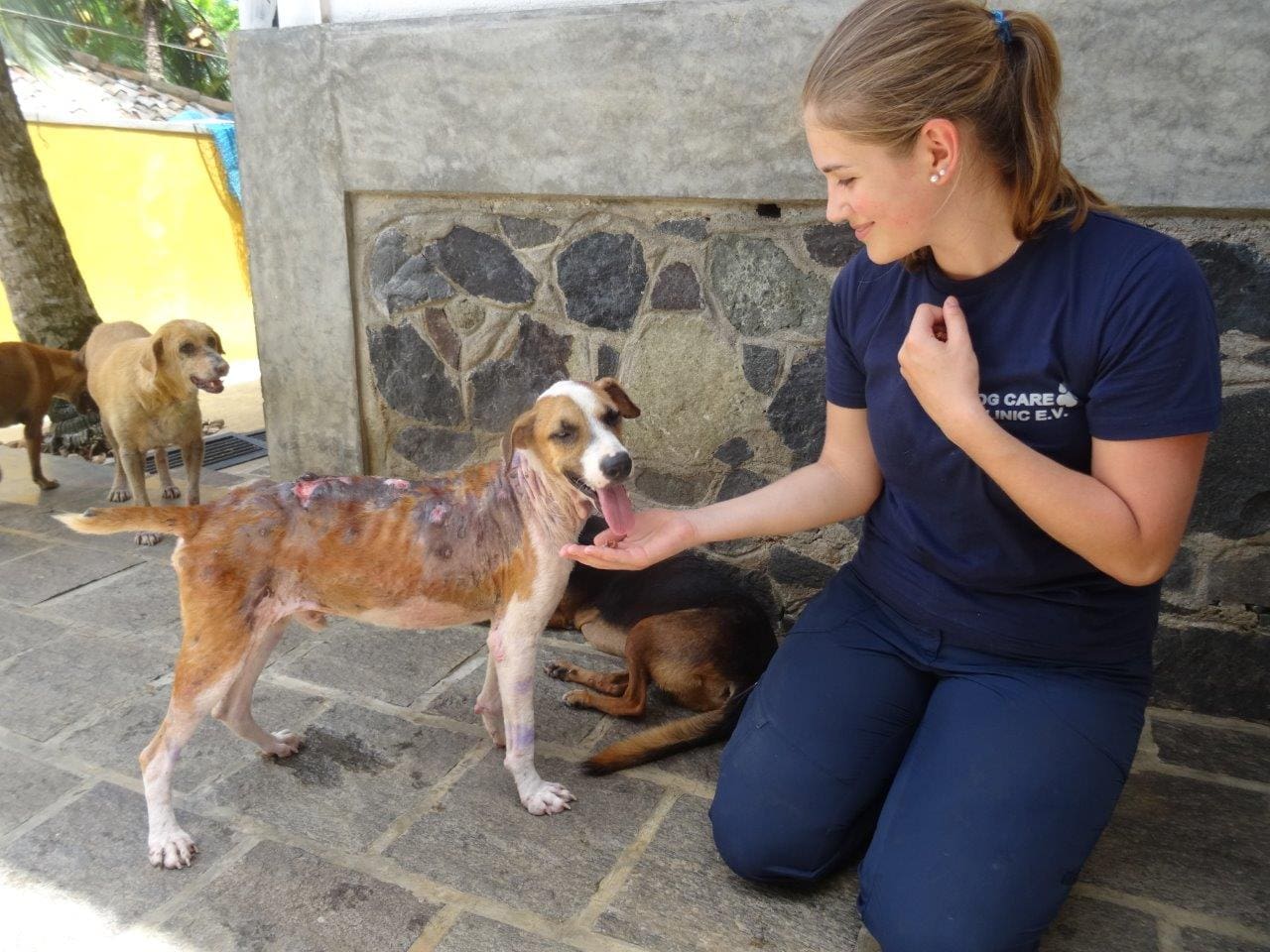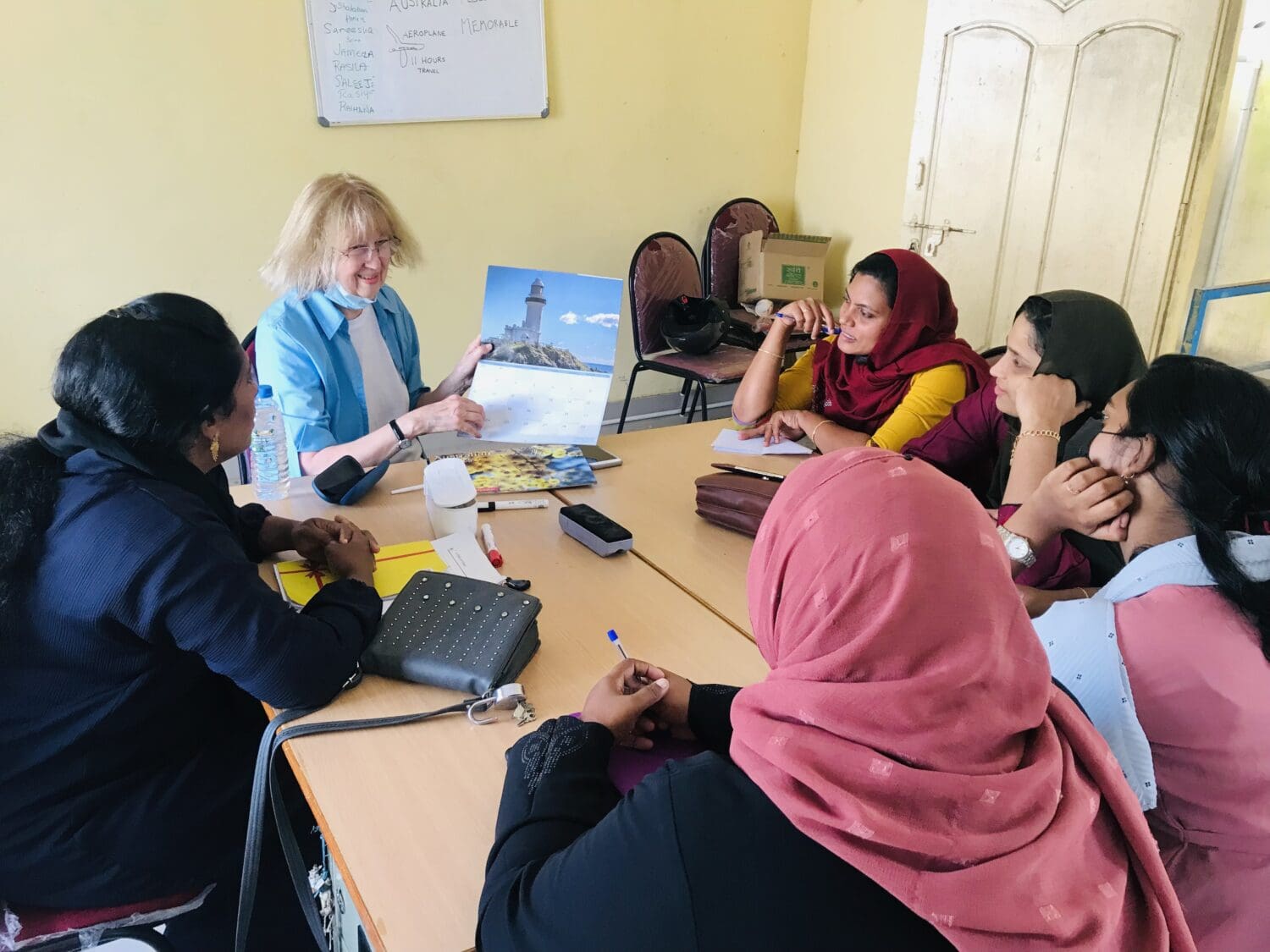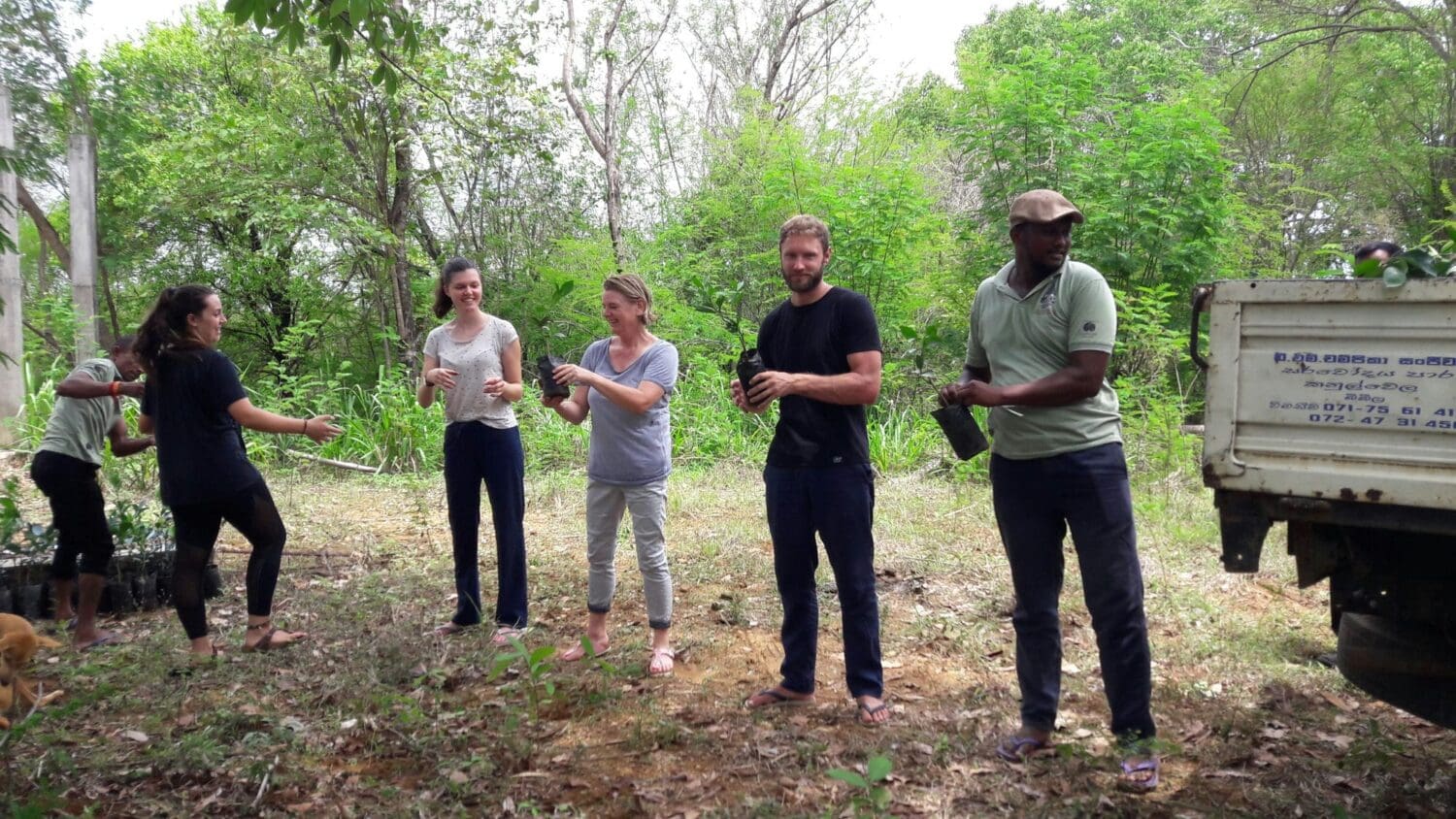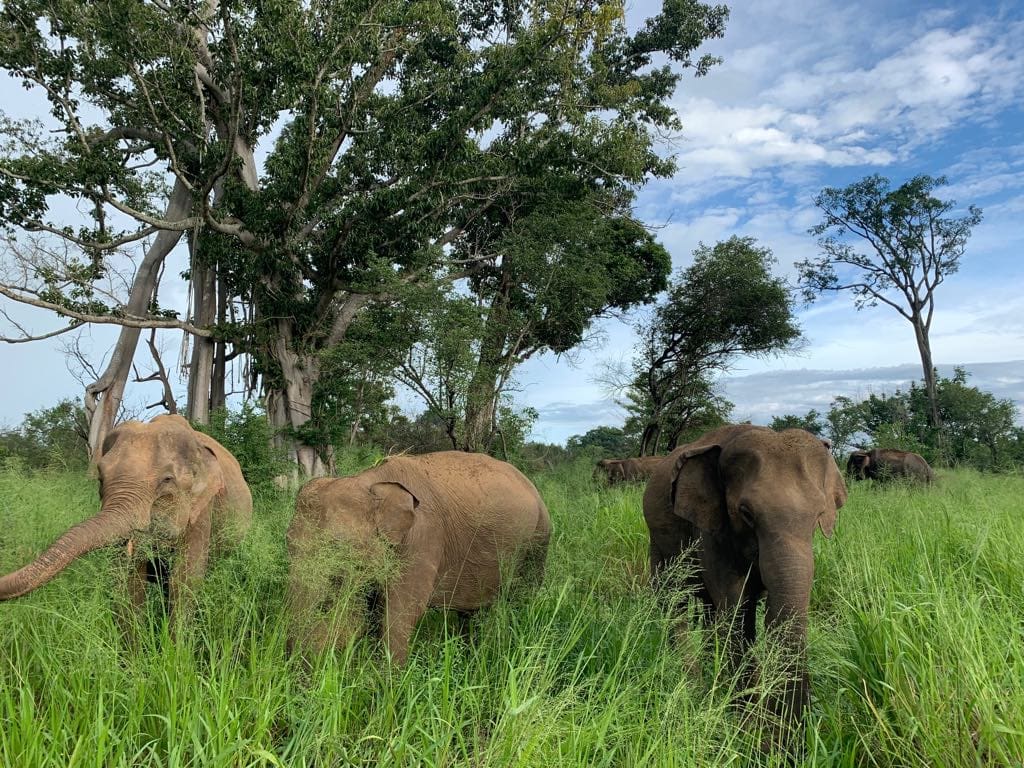Being Responsible Travellers
Volunteering

- We partner with local schools, community centres, or local charities and work on their needs first.
- We collaborate and handpick our local project partners to build a long term relationships based on trust and understanding. This means everyone involved including accommodation owners, local transport drivers, local staff and others get income over the long term and can sustain themselves.
- Volunteering Journeys provide support to projects that are for the long term.
- We protect our project partners and the people we work with by having a screening process. We will ask volunteers for references and police checks. Volunteers will also have to agree to our Terms and Conditions which includes Code of Conduct and Child Protection Policy.
- We educate both our volunteer travellers and local partners. All volunteers get pre-departure information and on arrival orientation and training.
- 24/7 support is given to the volunteers at all times. All our projects have bilingual staff present at all times.
Community
- We employ local staff as they are the cultural ambassadors, know multiple dialects of the sub-continent and can easily facilitate local interaction and thus guide you towards best practices (e.g. the best local cafes in town or how to be sensitive in photographing local people, and so on) as well as specific tips on how to avoid running afoul of local customs. More importantly they get training and income that can help their future.
- We always encourage purchasing locally made resources that can help our community to earn a living. This includes buying souvenirs, food and even project resources.
- To give you a true understanding of life in a country our accommodation is in local areas in our own volunteer housing or with local families who host you in their home. You will be eating local delicacies during meal times, interacting with locals constantly, and learning about community traditions and culture.

Diversity & Equity

- We proudly embrace a culture of inclusion and diversity. We support individuals of all backgrounds and offer programs that are open to all cultures, various ethnicities, races, faiths, religions, socio-economic groups, genders, and the LGBTQ+ community.
- To serving a more diverse demographic we also implement effective business strategies to cultivate a sense of belonging amongst both customers and employees.
- We offer more customized experiences that account for factors like age, ability, gender, gender identity and expression, religion and sexual orientation.
Marketing
- We avoid marketing poverty in photographs on our website,social media and online marketing so we don’t belittle the communities we work with.
- We give all our volunteers honest information so volunteers understand the projects, the location and the role clearly before they sign up. We also make sure volunteers joining us get realistic expectations and are aware of the challenges they could face in country.

Monitoring

- We hold regular reviews with our projects to check how the project is progressing and how we can best support them. Our Programs are constantly evolving to the needs of the community.
- We send feedback forms to all our volunteers and put up reviews online.
Climate Emergency

Tourism is one of the most important and largest industries on the planet. Before the current covid pandemic global tourism was a 7 trillion-dollar industry . it was continuing to out-grow the global economy. Its carbon footprint accounts for nearly 8% of global emissions. If its annual growth rate returns to pre-pandemic rates, tourism-related greenhouse gas (GHG) emissions will reach 6.5 gigatons per year by 2025.
We at Volunteering journeys recognise that tourism can have either a profoundly positive or negative impact on the planet, it’s ecosystems, it’s wildlife, and it’s people, depending on whether sustainability is put ahead of profit and short-term gains. When done right, sustainable tourism (which includes volunteer tourism) raises the profile of natural and cultural heritage, ensuring governments remain under pressure to protect it. It gives economic and political value to important wildlife habitats. It can offer an alternative income stream to local people as it employs more people worldwide than any other, with millions of families relying on tourism for their daily needs.
Rather than not travelling altogether, if we can make travelling better with more conscious and responsible ways by improving, reducing, measuring and compensating through certain practices within the travel sector we can have a direct positive impact on our planet. In country for instance, it is relatively easy to have a low carbon impact simply by adhering to good sustainable tourism practice and prioritising small, locally-owned businesses– which also give a more enriching travel experience. Tourism can infact support economic development, protect our environment, sustain local communities and contribute to meaningful cultural exchange across the planet.
 So accepting the climate crisis becoming increasingly obvious and immediate in its threat, we wanted to state publicly that we recognise the emergency, and pledge to work with the wider travel industry in tackling the need for carbon reform. That is why we are joining a growing movement to Declare A Climate Emergency.
So accepting the climate crisis becoming increasingly obvious and immediate in its threat, we wanted to state publicly that we recognise the emergency, and pledge to work with the wider travel industry in tackling the need for carbon reform. That is why we are joining a growing movement to Declare A Climate Emergency.
We’ve signed up to Tourism Declares, an initiative that supports tourism businesses, organisations and individuals in declaring a climate emergency and taking purposeful action to reduce their carbon emissions as per the advice from The Intergovernmental Panel on Climate Change (IPCC) to cut global carbon emissions to 55% below 2017 levels by 2030.
Like all signatories, we have committed to the following five actions:
- Develop a ‘Climate Emergency Plan’ within the next 12 months, which sets out our intentions to reduce carbon emissions over the next decade.
- Share an initial public declaration of our ‘Climate Emergency Plan’, and update on progress each year.
- Accept current IPCC advice stating the need to cut global carbon emissions to 55% below 2017 levels by 2030 in order to keep the planet within 1.5 degrees of warming. We’ll ensure our ‘Climate Emergency Plan’ represents actions designed to achieve this as a minimum, through delivering transparent, measurable and increasing reductions in the total carbon emissions per customer arising from our operations and the travel services sold by us.
- Encourage our suppliers and partners to make the same declaration; sharing best practice amongst peers; and actively participate in the Tourism Declares community
- Advocate for change. We recognise the need for system change across the industry, and call for urgent regulatory action to accelerate the transition towards zero carbon air travel.
Please consider also declaring at www.tourismdeclares.com, and follow on @tourismdeclares on Twitter, Facebook or Linkedin
Learn More


